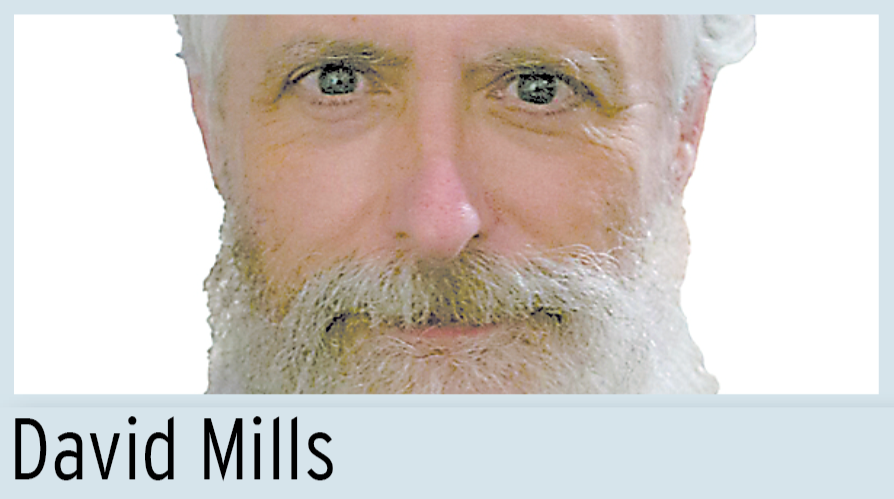 One of the most important rules for living in the world is: You are probably not who you think you are, and many others know you better than you know yourself.
One of the most important rules for living in the world is: You are probably not who you think you are, and many others know you better than you know yourself.
This is an old-guy lesson, I’m afraid, one of those lessons one learns from long and painful, often embarrassing experiences. We charge into life full of certainties – among them the certainty that we know exactly who we are – and then we find out we don’t. That usually happens in stages over time, and it’s rarely fun.
We can easily see this in other people, because sometimes it’s obvious: The man who thinks he’s God’s gift to women and hits on women half his age, then doesn’t understand why they don’t respond. The woman who thinks she’s a ray of sunshine and never notices that people hide when they see her coming. The man who thinks he’s a bold truth-teller who doesn’t know he’s usually wrong and blames his not having any friends on everyone else’s unwillingness to hear the truth.
Are the Sheep really goats?
In one of the most terrifying passages in Scripture, Jesus speaks of the unexpected hour when the Son of Man returns and separates the sheep from the goats. The goats see themselves as sheep and protest Jesus’s judgment.
They thought they were good religious people – they’d have done anything for Jesus – and find the angels herding them to the down escalator. It turns out Jesus sees them differently, and he’s the only one who sees clearly.
St. Augustine knew that we’re all a mess, and such a mess we don’t know how much of a mess we are. As a theologian said to me, in his Confessions the saint teaches that “We are unavailable to ourselves.”
We hear Augustine’s famous line “Our hearts are restless till they find their rest in Thee” as a truism, but for the saint it was a hard-won discovery. He’d gone wrong in all sorts of ways following his restless heart, because he didn’t know who he was and therefore couldn’t see who was the answer to all his questions and desires.
It’s not a small thing, this ignorance. It hurts our relation to our Creator and Redeemer and our relation to the world, especially the people who know us.
Do you have the character?
Here’s a practical example that affects almost all our lives, thanks to both the media and social media: the belief that you must speak out, hard and loud, against the enemy. That you must go after them the way General Sherman went through Georgia. That you are 2023’s Elijah facing the prophets of Baal.
We feel zeal for the good, and that feeling makes sense. We see error as a fire set by arsonists that will sweep through the building unless we stop the arsonists. We must warn everyone about the arsonists as loudly and forcefully as we can.
But if something must be said, must it be said by you? A lot of social media anger (and division in the Church) would be avoided if everyone tempted to speak out first asked themselves, “Am I the person to do this?”
Are you a prophet like Elijah, with his role and his duties? Is that who you are and who God wants you to be? Maybe, but it seems unlikely. You’re probably not articulate enough, clever enough or holy enough. Few of us are, even among those of us who speak out for a living.
In any case, it is obvious that many people who think of themselves that way don’t have the gifts for it, and more importantly, don’t have the character for it. They may become the person to speak out. They’re not that person now.
Which kind of zealot are you?
The Greek St. Nectarios of Aegina, a holy man who seemed to other Orthodox a kind of fanatic because he took holiness so seriously, knew something about this. He distinguishes two kinds of zeal.
“The zealot according to knowledge,” he said, “motivated by the love of God and his neighbor, does all things with love and self-effacement. He does nothing that might bring sorrow to his neighbor.”
But the zealot “not according to knowledge is a ruinous man who turns the Gospel of Grace and love upside down. His zeal is a seductive fire, a consuming fire. Destruction comes forth from him and desolation follows in his wake.”
Who are we really? Which kind of zealot would we be if we tried speaking out? There’s no easy answer, except to listen to those good people who know you and love you enough to tell you the truth. And to watch your language until you know.
David Mills writes from Pennsylvania for OSV.


